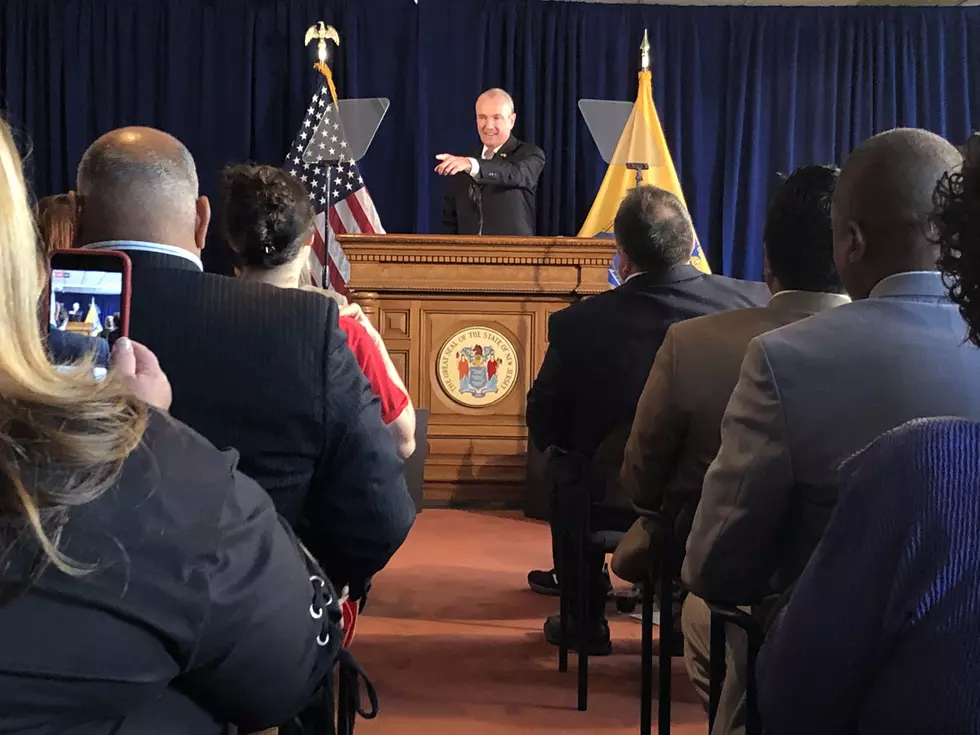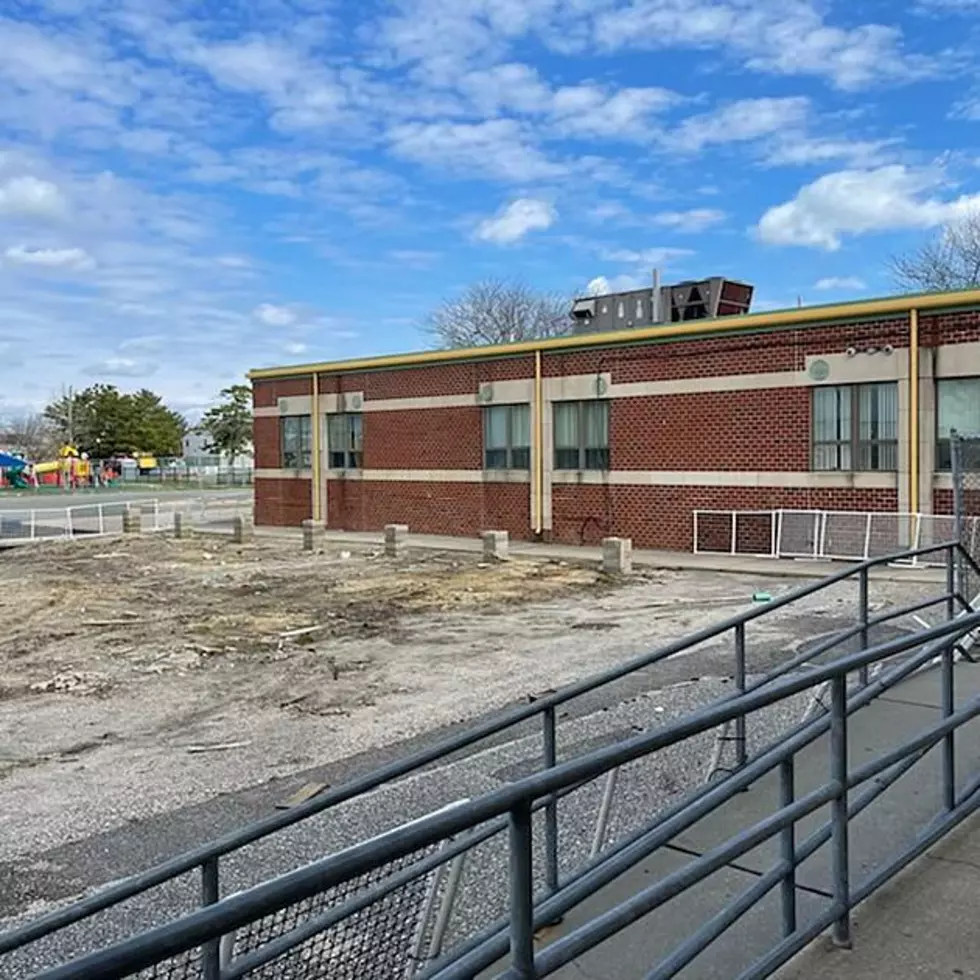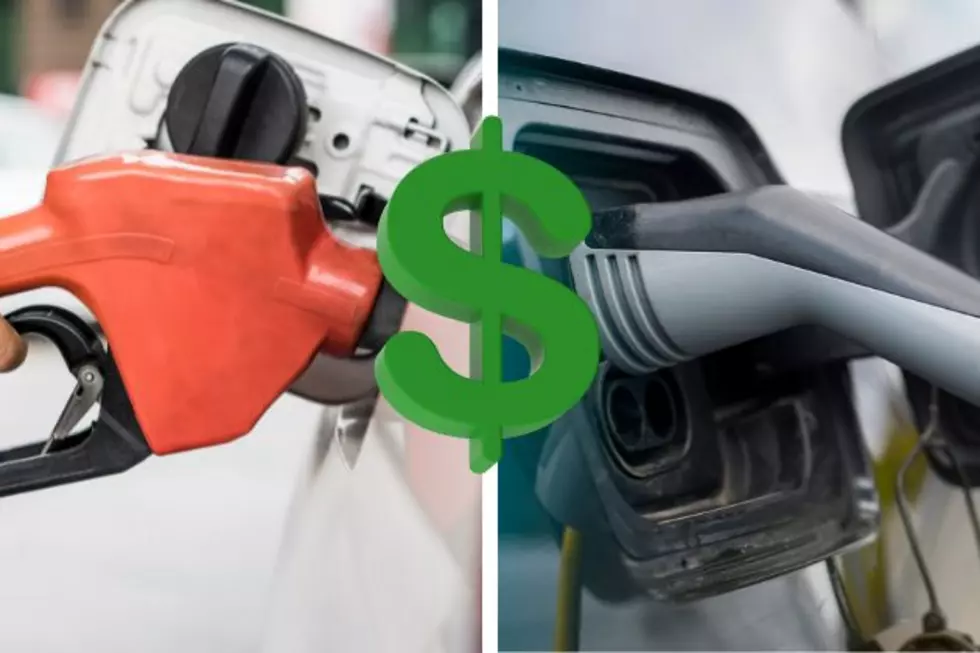
No Shutdown, But Murphy Cuts Spending, Impounds More in 2020 Budget
Gov. Phil Murphy enacted the state's 2020 budget Sunday – and vetoed $48.5 million from the budget approved by the Democrat-controlled Legislature and impounded up to $235 million more while doing so.
The line-item vetoes were expected, even by the Legislature, though the details weren't known in advance. The executive order directing some money into a reserve was more of a surprise.
"Everyone here knows the old ways haven’t been put behind us yet. While progressive change is taking hold all across the country, Trenton largely remains a holdout. Have no doubt, change is coming to Trenton, and I invite all those willing to join us," Murphy said. "But for those stuck in the failed ways of the past – we’re moving forward."
The impounded appropriations haven't yet been identified publicly. The money will be released when savings included in the Legislature's budget are realized, for things such as $40 million from changes in the Department of Corrections, or projections for tax collections are achieved.
Senate President Steve Sweeney, D-Gloucester, said he isn't concerned about the reserve because he's confident in the Legislature's revenue forecast, so long as Murphy keeps his word about releasing the appropriations once tax collections are achieved.
"I'm pretty happy that the governor recognized that we gave him a very sound, fair budget. That's what he said today," Sweeney said. "He said in the past he's gotten 95 percent of what he asked for in the budget. We think the budget we gave him is sound, healthy, fair, deals with a lot of issues of importance."
Murphy certified revenues that were $213 million less than what the Legislature had included in its budget, with an increase in its own projections based off June collections more than offset by its skepticism about the Legislature's corporate tax projections.
The Murphy administration says the Legislature added $390 million in spending to the budget – some of it for laudable purposes, some of it in targeted grants for favored recipients. Some of that was line-item vetoed, while other parts are likely to be put in reserve.
The line-item vetoes of spending that had been added by the Legislature include:
- $38 million from an appropriation for shared services and school district consolidation study and implementation grants, lowering that line item to $10 million
- $5 million from Cooper University Hospital for a "vulnerable communities access to care" grant
- $4 million from school choice aid
- $1 million from East Orange General Hospital, which is receiving funding through a supplemental appropriation
- $500,000 from Rutgers University-Camden for a Camden workforce study with the Cooper's Ferry Partnership
"We need to stop spending what we shouldn’t have, and what we don’t have," Murphy said, quoting a 1991 speech by Gov. Jim Florio.
Sweeney didn't indicate that he would seek an override vote in the Legislature of the line-item vetoes.
"The attacks on Camden is disappointing. The health care expansion is to help people that are underserved," Sweeney said. "But not unexpected. It's been punitive. And we see how he goes."
The year-end surplus for 2020 is projected at $1.276 billion. That includes $401 million the Murphy administration is putting into the rainy-day surplus revenue fund, which it says it is required to do despite the Legislature's opposition because the budget legislation didn't include language that would be needed to supersede state law.
"These actions – making the first deposit into the Rainy Day Fund in a decade, plus placing at-risk line items into reserve – are needed for us to stop the roller coaster and to catch our breath," Murphy said.
The New Jersey Chamber of Commerce in a statement Sunday called the budget " a promising step toward the fiscal responsibility New Jersey needs to revitalize its economy," praising Sweeney and Assembly Speaker Craig Coughlin for resisting the millionaire's tax Murphy unsuccessfully proposed for the second year in a row.
It praised Murphy along with the legislative leaders for passing the budget before the end of June — as going without it could have forced a state government shutdown. And it said the the budget makes "appropriate investments in education, job training and infrastructure. It also funds the public employee and retiree benefit program and provides property tax relief."
The New Jersey Business & Industry Association, however, criticized the budget as being 11 percent higher than its 2018 counterpart
"Our policymakers should understand that New Jersey simply cannot sustain such large increases in expenditures every year when our pension liability and post-employment benefit obligation has grown to more than $151 billion," it wrote."
More From WPG Talk Radio 95.5 FM










